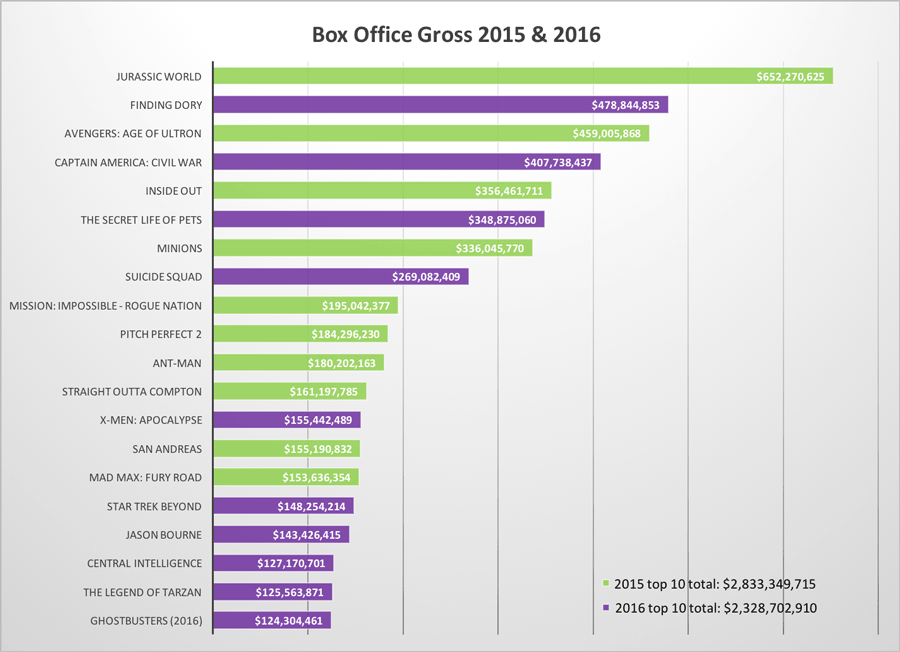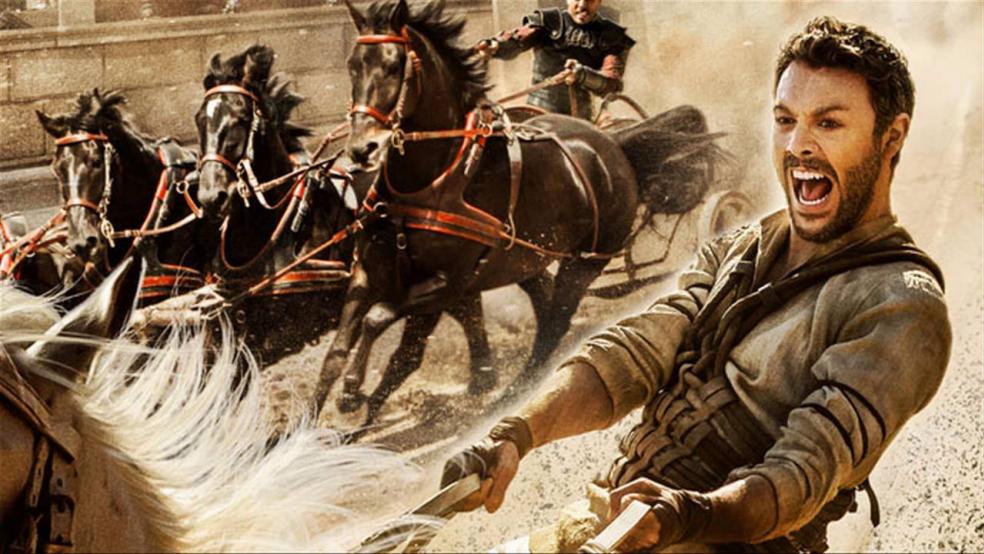This past weekend’s biggest release, Ben-Hur, the latest adaptation of Lew Wallace’s 1880 swords-and-sandals novel, is the latest in a string of summer movies to perform well below expectations. It’s now poised to be one of the biggest flops of the year.
By itself, this is not particularly surprising. For weeks, the industry buzz merchants had been wringing their hands over the film, citing its lack of real star power, name recognition in crucial demographics and total lack of social media traction. Everyone knew the movie would flop, but they were powerless to stop it. In its first weekend, the film took in a paltry $11.2 million, only enough to rank sixth on the box office chart and well below its total budget, estimated at over $250 million including promotional expenses.
Related: From ‘Stranger Things’ to ‘Star Wars’: How Gen X Quietly Took Over Hollywood
There may still be redemption for the film in the foreign market, but it will be cold comfort to an industry that has seen its worst domestic summer box office in a very, very long time. Almost every one of the major studios’ flagships crashed and burned this summer. From the underwhelming performances of Suicide Squad and the most recent X-Men and Star Trek films to the out-and-out failure of the Ghostbusters reboot, sequels to Independence Day and Teenage Mutant Ninja Turtles and even a family-friendly Steven Spielberg movie (The BFG), it has been a rough ride for many supposed “sure things.”
This is a big turn from the summer of 2015, a hugely profitable season that had many experts seeing a turnaround in the industry (without even touching on the winter release of Star Wars: The Force Awakens). But it may be more indicative of the true state of the Hollywood machine.

Franchise Fatigue
Though there are still exceptions to the rule, there are certainly signs that the comic book movie is losing steam as a genre. Though Captain America: Civil War has grossed over $400 million (and some of the best reviews for any comic book movie), it still failed to match the comparatively disappointing return of the previous Avengers movie. Couple this with the toxic air surrounding Batman v Superman: Dawn of Justice and the middling returns for Suicide Squad and X-Men and it’s clear that the comic book movie is no longer the surefire draw it seemed to be just last year.
Considering that both major comic book publishers and their corresponding movie studios have production slates filed with adaptations through the next half-decade, as well as the built-in fan base for these films, it is unlikely that we will see the end of the genre, but it may not be the dominant box office force that it has been.
Related: Why Hollywood No Longer Saves Its Biggest Movies for Summer
The Continued Aggravation of the Cinema Goer
Long-standing complaints about the actual experience of going to the movies certainly don’t help. Inflated ticket prices; drastically overpriced concessions; an unruly, chatty and entitled crowd more interested in the scene in the theater than the one on the screen; uncontrolled minors running free; cellphone lights and noises; and lengthier commercials and trailers all contribute to the feeling that the cinema experience is one to be endured, not celebrated. For decades, the movie theater has touted its communal vibe as a major point of superiority over television, but when that communal vibe is actively unpleasant, it’s a tougher sell.
The Cultural Spotlight
The other primary way in which cinema has presented itself as superior to other entertainment options was by simply by being at the top of the cultural pyramid, but that’s no longer true, either. The Oscars have long been considered the ultimate award in entertainment, but increasingly the Academy’s focus on “prestige pictures” has rendered the annual event little more than a celebrity fashion show to much of the viewing public. Even the ugly sideshow that accompanied the Ghostbusters reboot hasn’t occupied the pop-culture conversation half as much as Netflix’s Stranger Things has this summer. And really, no movie (yes, other than Star Wars) has been so central to internet conversations as HBO’s Game of Thrones. Even last summer’s box office bonanza was led by Jurassic World, a film that remains the fourth highest grossing of all time and yet seems to have been forgotten just weeks after it was released.
Ask yourself, when was the last time you told someone that they “had to see a movie”?
Related: The ‘Warcraft’ Movie Is the Next Troubling Step in the Evolution of Hollywood
The Outlier
There is one outlier: Disney. The Mouse House continues to dominate with its intelligent franchise management, whether by creating a worthy sequel and not just a cash grab in Finding Dory or with its handling of part of the Marvel Comics world, or with Star Wars, Disney has basically done everything right to avoid the pitfalls… so far.
Couple this with the fact that the company’s product often appeals to the only still-reliable movie-going audience, parents of pre-teen children, and Disney looks like the studio best positioned to survive an inevitable industry-wide shakeup.
But Disney alone can’t save the movie business, and it’s not impossible to imagine a time where all of its original content is simply streamed, and the whole business with tickets and buttered popcorn gets put to rest. Though cinephiles may have been praying for the end of the comics craze, in the hopes that it would be replaced by more grownup fare, there is the very real possibility that superheroes will be replaced with...nothing at all.




